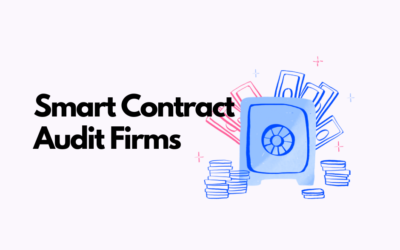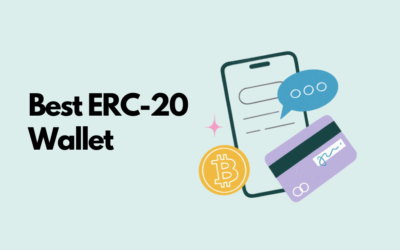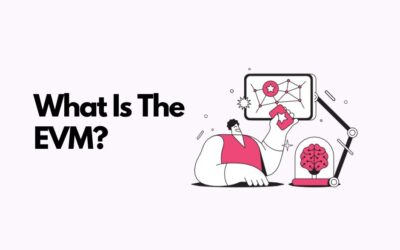Performing a web3 security risk assessment is an essential step when running a Web3 product. Many companies fail to perform the proper security steps.
Often, they get hacked and lose customer data and funds.
In order to prevent your project from getting hacked, we recommend following these audit processes.
Identify and prioritize assets
Identify all assets that are critical to the company’s operations, including web3-based applications, smart contracts, and any underlying blockchain infrastructure.
Identify and classify threats
Identify potential threats that could exploit vulnerabilities in the company’s assets, such as hacking, fraud, and malicious actors.
Evaluate vulnerability
Evaluate the vulnerability of the company’s assets to identified threats, taking into account factors such as the complexity of the smart contracts, the security of the blockchain infrastructure, and the security practices of the company.
Determine the impact
Determine the potential impact of a successful attack on the company’s assets, including the loss of sensitive data, financial loss, and reputational damage.
Develop and implement controls
Develop and implement controls to mitigate identified risks, such as secure coding practices, regular security audits, and incident response plans.
Continuously monitor and review
Continuously monitor and review the company’s security posture, and update the risk assessment as needed to reflect changes in the threat landscape and the company’s operations.
It’s also important to work with experts who have experience in this field, web3 and blockchain security are still new and evolving field, and having expertise in this area will help identify and mitigate potential risks.








0 Comments